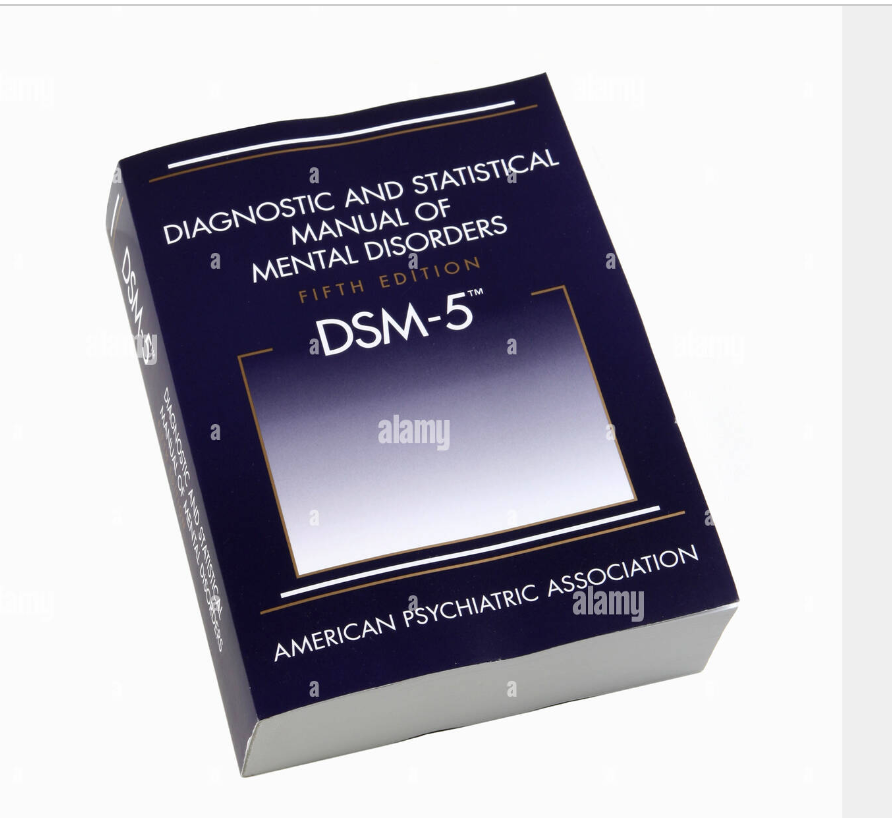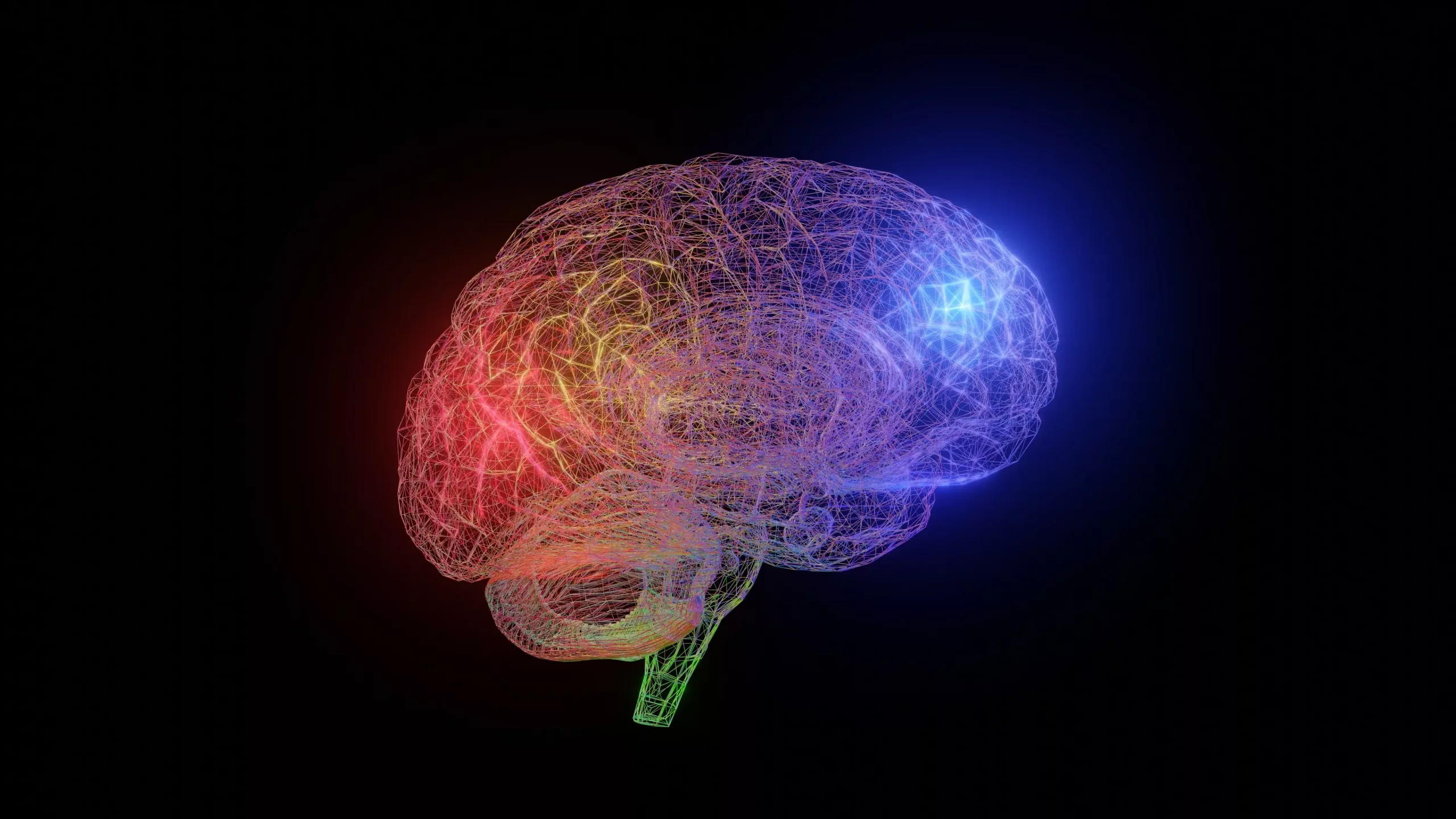Treatment with the investigational compound elenbecestat reduced brain amyloid beta levels and was safe and well-tolerated, according to Phase 2 clinical trial results. The presence of amyloid beta plaques is a major characteristic of the brains of Alzheimer’s disease patients. Amyloid beta is produced through the work of a key enzyme called BACE (beta-amyloid cleaving enzyme). Recent Phase 2 clinical results were reported this morning by Alzheimer’s News Today.
Biogen and development partner Eisai announced positive results from a Phase 2 clinical trial assessing BACE inhibitor elenbecestat in patients with mild-to-moderate Alzheimer’s disease (AD). Elenbecestat was generally safe and well-tolerated during the 18-month treatment period and demonstrated a statistically significant effect (reduction) on amyloid beta levels in the brain compared to placebo, the first study to show this effect. A numerical slowing of cognitive decline measures was also observed in the treatment group but it was not statistically significant.
While Eisai and Biogen’s oral BACE inhibitor elenbecestat was able to demonstrate a reduction in amyloid beta levels in 35 patients with Alzheimer’s disease, it failed to slow the decline of clinical symptoms more than placebo in exploratory endpoints.
The 18-month phase 2 study enrolled 71 patients with mild cognitive impairment or mild to moderate dementia, administering varying doses of elebecestat and measuring amyloid beta levels through PET scans. The study was not powered to show statistical significance in clinical symptom changes compared to placebo.
A clinical dementia rating scale—Clinical Dementia Rating Sum of Boxes, or CDR-SB—was used to evaluate 41 patients and showed “numerically less decline” in the elebecestat arm compared to placebo. Similar results were also seen in a post-hoc analysis using a new, Eisai-developed assessment scale, ADCOMS, or Alzheimer’s disease composite score.





Leave A Comment